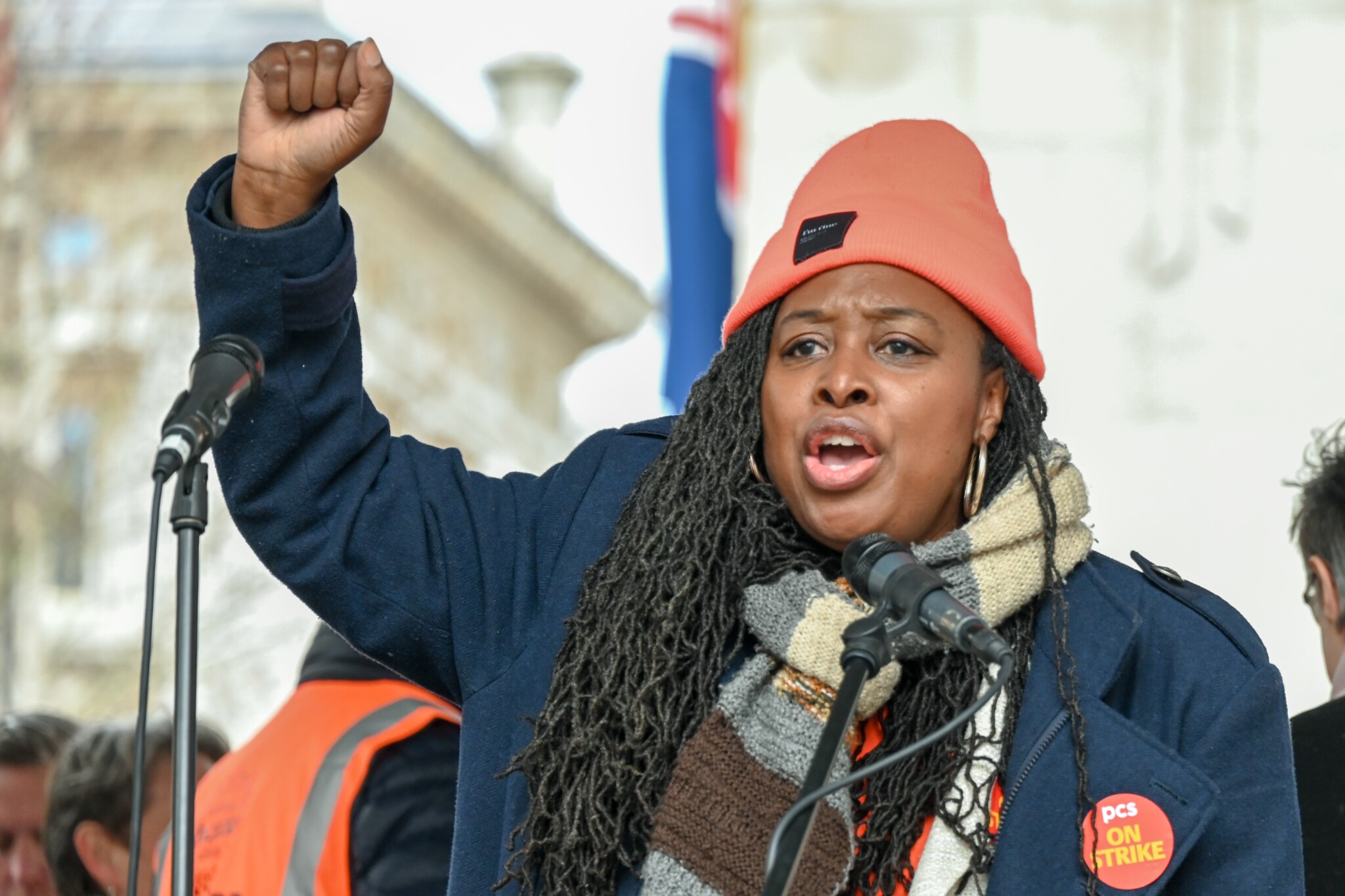
“My skin is my protection, / And you, my friend, don’t matter.”
Dawn Butler, MP for Brent East in England and former shadow Minister for Women and Equalities, has released a rhyming exercise in narcissism. Her spoken-word poem, deeply suspect on aesthetic grounds alone, was written in honour of Black History Month and first published on 1 October. A video montage places Dawn at the centre of her own universe surrounded by a swirl of supporting stars including Kamala Harris and Martin Luther King Jr. She seems unaware that her strident racial identity politics is at odds with the beautiful prose poetry of King’s famous speech, which longs for a colour-blind society:
I have a dream that my four little children will one day live in a nation where they will not be judged by the color of their skin but by the content of their character. I have a dream.
Butler delivers her creative contribution to the camera, accompanied by a gently inspirational soundtrack. The caption on X reads: “As we reclaim the narrative let us all remember the global majority are of the first ones”.
Enjoy independent, ad-free journalism - delivered to your inbox each week
It is telling that a government official not only believes “I am the Chosen One” due to her racial superiority, but feels confident asserting this claim in the public arena. There have been with no formal repercussions thus far and will be none. She gets a free pass because her skin colour happens to be “beautiful mahogany”.
Melanie McDonagh wrote about “Dawn Butler’s bonkers black history poem” in The Spectator. She rightly points out:
It is a little worrying that a member of parliament feels free to express herself in this way. It’s obviously drivel, but it strikes me as being racist drivel, no less so for being articulated by someone of African heritage.
The full poem can be perused below. I have taken the liberty of inserting captions based on the video, as well as some stanzaic breaks. After all, how else can we grasp the full gravitas of the refrain “I am the Chosen One / Because I am of the First Ones”, which recurs no fewer than four times? Likewise, we must appreciate the symmetry of the poem, in which the imagined interlocutor wants “to see me broken / Head bowed and tears in my eyes” in both the first and last stanzas.
***
You wanted to see me broken
Head bowed and tears in my eyes?
More for you; you didn’t realise [she surely means “more fool you”]
That my strength is powered by your lies.
You are the wrong one, the violent one, the weird one;
Where was I? [she appears to say “whereas I”]
I am the Chosen One [Dawn in Parliament]
Because I am of the First Ones. [reconstruction of first homo sapiens skull]
You see this skin I’m in [AI-generated Pharoah-like figure]
The beautiful mahogany brown
This skin you don’t like, I believe. [Kamala Harris]
So why you try so hard to achieve
By burning yourself with the sun?
For me there’s no need
Because I am the Chosen One [Dawn dancing in front of Jamaican flag]
For I am of the First Ones.
I know I’m black and beautiful [another Pharoah-figure]
An African freedom fighter [US civil rights leaders with terrorists mistakenly lumped in] My skin is my protection
And you, my friend, don’t matter.
Because I am the Chosen One
For I am of the First Ones.
You created a structure
That made you seem great
But the simple reality is
It is all fake. [Dawn in Parliament again]
Because I am the Chosen One
For I am of the First Ones.
So you wanted to see me broken?
Head bowed and tears in my eyes?
More for you, you haven’t realised [again she must mean “more fool you”]
My strength is despite your lies.
***
Some people would call this “reverse racism”. In my view, “reverse” is unnecessary. The phrase is slippery, because it surrenders ground unnecessarily to ideologues: it suggests that there is one kind of “major” racism, and everything else is secondary. To revisit the first definition of “racism”:
a belief that race is a fundamental determinant of human traits and capacities and that racial differences produce an inherent superiority of a particular race.
This surely describes Butler’s oral poem to the letter.
Who is Dawn addressing, then? Judging from the tone, the claim that “this skin you don’t like, I believe” and the following picture, he or she is a racist internet troll who spouts vile insults.
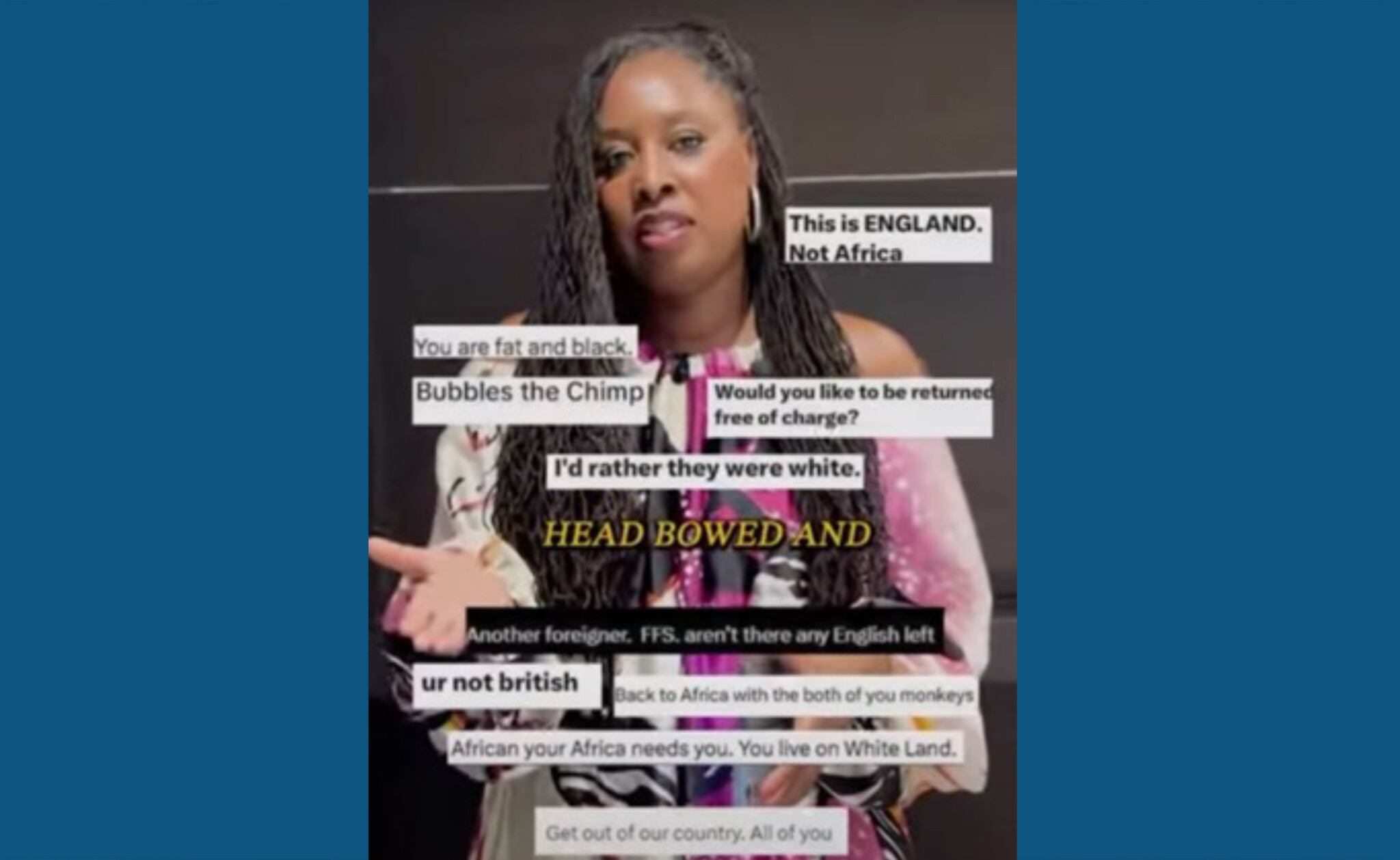
This is never specified, however. There is no differentiation between the vastly different opinions white people may hold. Indeed, there are no white people in the video (apart from one loitering bystander in the background, facing the other way while Dawn strolls down the street in African dress). Where are the clips of Dawn embracing or laughing with these friends and supporters? Does she not support inclusivity and equality? Has she no white constituents?
Furthermore, she moves from characterising her interlocutor as an internet sadist to more general claims: “You created a structure / That made you seem great”. “You”, the internet troll, are apparently identical with the people who built this country and created its structures. Presumably these structures include the ancient parliamentary system of which she forms a part, democratically elected and dedicated to serving her constituents both black and white. She goes on to mock the white people who like to feel the kiss of the sun: “So why you try so hard to achieve / By burning yourself with the sun? / For me there’s no need”.
She looks directly into the camera, declaring, “My skin is my protection, / And you, my friend, don’t matter”. We are straying into Priyamvada Gopal territory here. “White lives don’t matter. As white lives”, Gopal tweeted in the wake of George Floyd’s death in 2020. She also proposed, without professional repercussions, that we should “abolish whiteness” and confessed “I resist the urge the kneecap white men on a daily basis”. She was promoted to the position of Professor of English at the University of Cambridge after making these violent sex- and race-based fantasies public.
People rarely enjoy being lectured, even if the criticisms deliver uncomfortable home truths — perhaps especially if they do. But more than anything, they despise double standards. Gopal can make a career out of dismantling racism and then spew the most hateful prejudice. Dawn Butler can declare herself a “Chosen One” because she is black, but waving a St George’s flag or even celebrating St George’s Day in the United Kingdom is met with opprobrium.
No one seems to have noticed the terrible timing of this post. Butler posted her “poem” on 1 October on X and Instagram (now deleted), then changed some images and reposted it on 3 October: “As we reclaim the narrative let us all remember the global majority are of the first ones”. The Instagram hashtags add another self-aggrandising layer:
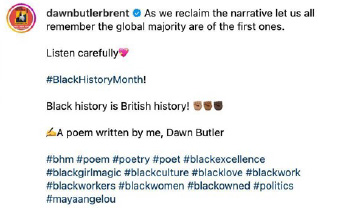
Given the turmoil erupting across the globe on this day, to bang on about being “black and beautiful” seems woefully solipsistic. Ballistic missiles have been fired and a major conflict inflames the Middle East, but this MP is posting “A poem written by me, Dawn Butler”.
Butler places herself in the same category as Martin Luther King Jr. Situating herself as an “African freedom fighter”, she included images of black civil rights leaders in her video montage alongside multiple clips of herself. Her language is bizarrely reminiscent of a psalm. In fact, “I am black and beautiful” is a direct quotation from Psalm 1 5-7. What are other black people in Britain supposed to make of Butler’s claim that “I am the Chosen One / Because I am of the First Ones”? Positioning oneself as a prophet is rarely a good look. Perhaps this results simply from her crude use of language, but the messianic tone is jarring.
Butler’s video, as originally posted, included a number of luminaries briefly circulating around her sun. But she accidentally included images of Assata Shakur, escaped convict and cop-killer who is on the FBI’s Most Wanted Terrorists list, Mumia Abu-Jamal, another cop murderer, Khalid Abdul Muhammad, one-time Nation of Islam member and Black Panther Chairman, and a number of other controversial figures including rapists. GB News reports here and circles the relevant photos.
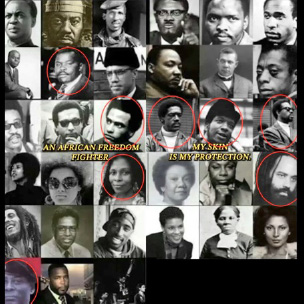
After the censure this blunder attracted, these images disappeared into a hole we may or may not feel safe to call black. The collage was replaced by a photo of Maya Angelou, who we can all be confident is neither a terrorist nor a rapist.
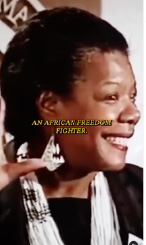
Back on terra firma
Among the figures who remain is Martin Luther King Jr. Dawn should take a leaf out of his book, stop obsessing about skin colour, and concentrate on discerning “character”.
Kamala Harris also remains, making a stately appearance just as Dawn recites “This skin you don’t like”. Her American ally is similarly guilty of reifying race, using her ethnicity as a badge of honour. In an interview with TheGrio [sic] during the 2020 campaign, for example, Harris claimed:
I was born Black, I will die Black, and I’m proud of being Black, and I was raised to be proud of my heritage.
TheGrio markets itself as “Your source for breaking news, politics, lifestyle and entertainment focusing on the African-American community”. It replaced the Black News Channel in 2022. Segregating news based on race may be felt to smack of Apartheid.
In another interview with The New York Times in the same year, Harris expressed pride in being black:
There is a great deal of pride that I take in being a Black woman who has broken so many barriers. But I am so proud of being a Black woman, period. That is something that I carry with me every day.
I don’t believe that many people would have an issue with this per se. The problem is that the rules are inconsistent, both in the UK and the US. Imagine declaring, “I was born White, I will die White, and I’m proud of being White, and I was raised to be proud of my heritage” in either country. The consequences, both personal and professional, would be dire.
Of course, Harris has been criticised for marshalling race inauthentically and adopting a new accent each week. The Vice President was accused of using a fake accent when addressing teachers’ union members in Michigan on Labor Day last month, for example (1 September).
The excerpt became popular on X. Many of us will be familiar with the emotional crescendo, delivered in an impassioned Southern drawl:
You better thank a union member for the five-day workweek. You better thank a union member for sick leave. You better thank a union member for paid leave. You better thank a union member for vacation time.
As Trump’s former senior advisor Stephen Miller remarked, “This is her seventh new accent in four weeks […] She grew up in Canada”. Critics even noted that Harris dropped the accent when making the same speech later that day in Pittsburgh. Last month Peter Doocy questioned the White House on this (Fox News reports here and broadcasts video footage here). “Since when does the Vice President have what sounds like a Southern accent?” Doocy asks. The White House Press Secretary Karine Jean-Pierre interrupts, “Do you think Americans seriously think that this is an important question?” Yes. People care about sincerity. They care about figures of authority cosplaying identities for political clout.
This is particularly true when hypocrisy is rife and we receive the message loud and clear: my identity matters, but yours doesn’t.
It is such hypocrisy that informs Dawn Butler’s poem – “You are the wrong one, the violent one, the weird one” – but also the embarrassed post explaining why she took her first video down. She declares that she is “someone who takes great pride in championing equity, equality and diversity for all communities”. In the same breath, she condemns violence but “especially against women and girls”. She is clearly gesturing to the fact that she used photographs of criminals, some of whom targeted women. But the ease with which she shifts from including everyone (“all communities”) to focusing on a specific group (“especially”) is significant. It reflects a broader pattern. “Equality” is wielded with seductive rhetorical power, but DEI often privileges some lives over others and uses past discrimination as a way of justifying a new hierarchy. It is entering what Douglas Murray calls a “grievance competition” and dropping moral standards in the process.
It would seem that Dawn’s world-view has embraced the philosophy established by the tyrannical pigs in Animal Farm (1945): “All animals are equal, but some are more equal than others”.
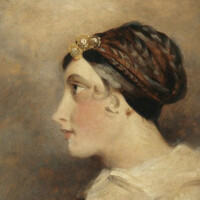


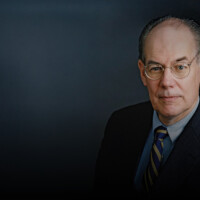
Comments (0)
Only supporting or founding members can comment on our articles.